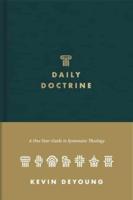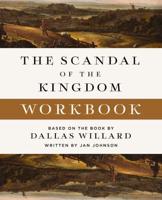Publisher's Synopsis
Among the problems posed by Dignitatis Humanæ, there are the following: is its principal teaching infallible, or merely the "simply authentic Magisterium"? May a Catholic suspend assent to this teaching, or even refuse it, and if so, under what conditions? And, more importantly, does the Council's definition of religious liberty contradict the Church's former magisterium? As Alan Fimister puts it:
"If the faithful and their pastors for over a thousand years held (and they surely did) that the Church had the right to employ coercion and even lethal force to correct erring members of the faithful, and they were in fact wrong, then this claim is completely empty and with it Christ's teaching that the Church is a city set upon a hill that cannot be hidden, and His promise to remain with her until the end of time (Matt 5:14; 28:20). If the teaching of the ordinary and universal or the extraordinary magisterium can and has contradicted itself then this does not mean that the new teaching is true or that the Church has foundered but that Catholicism was never true and we are of all men most to be pitied. The task of reconciling the declaration Dignitatis Humanæ and the previous definitions and tradition of the Church is therefore no trifling matter. Upon it hinges the credibility of Catholicism itself." In this compelling study, Fr. Bernard Lucien along with a commentary by Fr. Antoine-Marie de Araujo, FSVF, seek to argue, without doing violence to the text, for a correct interpretation of the central teaching of Dignitatis Humanæ as well as for a correction of its deficiencies. The ongoing debates within the Church about Tradition and the secularist aim to make Christianity politically irrelevant confirm the timeliness of this study.









